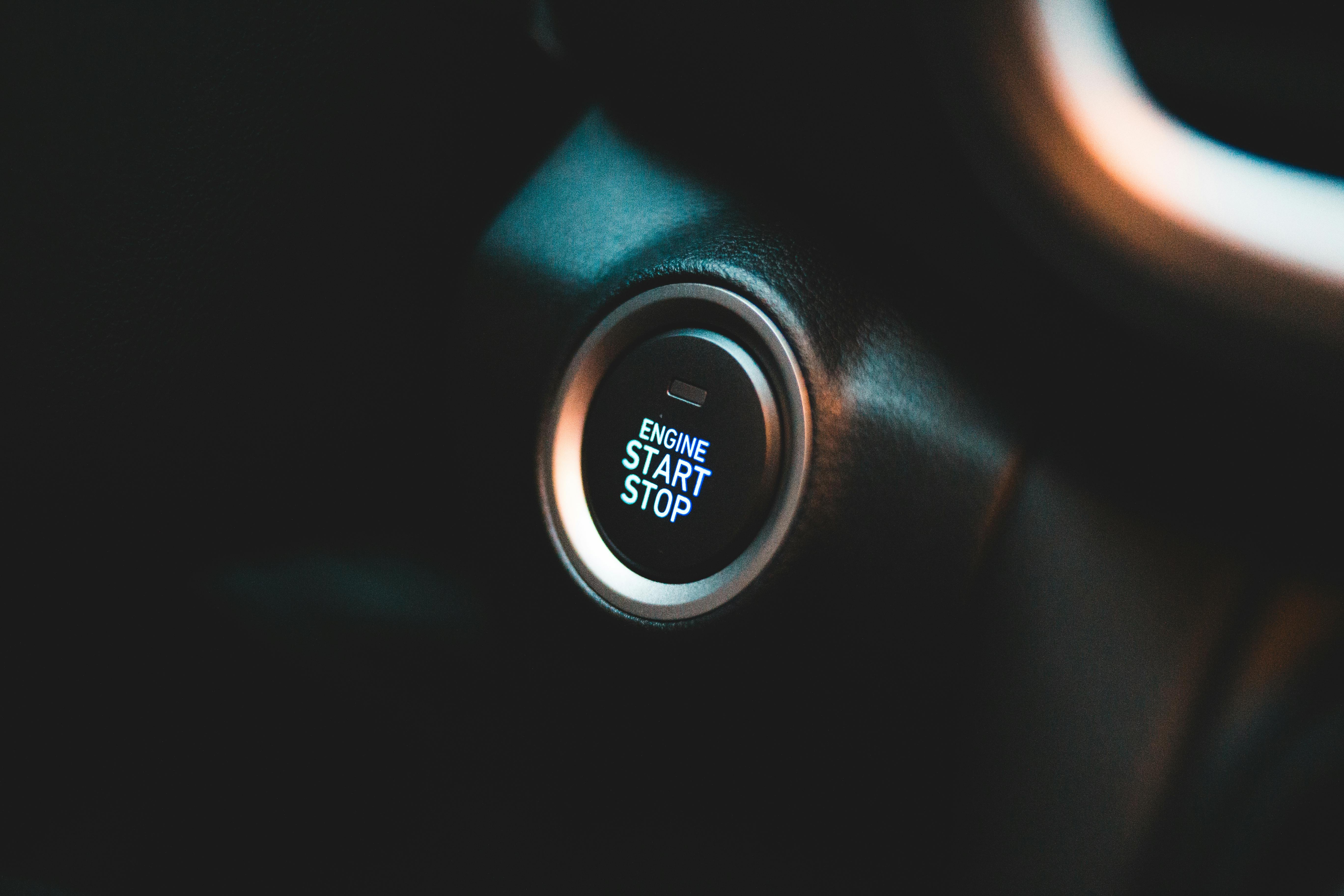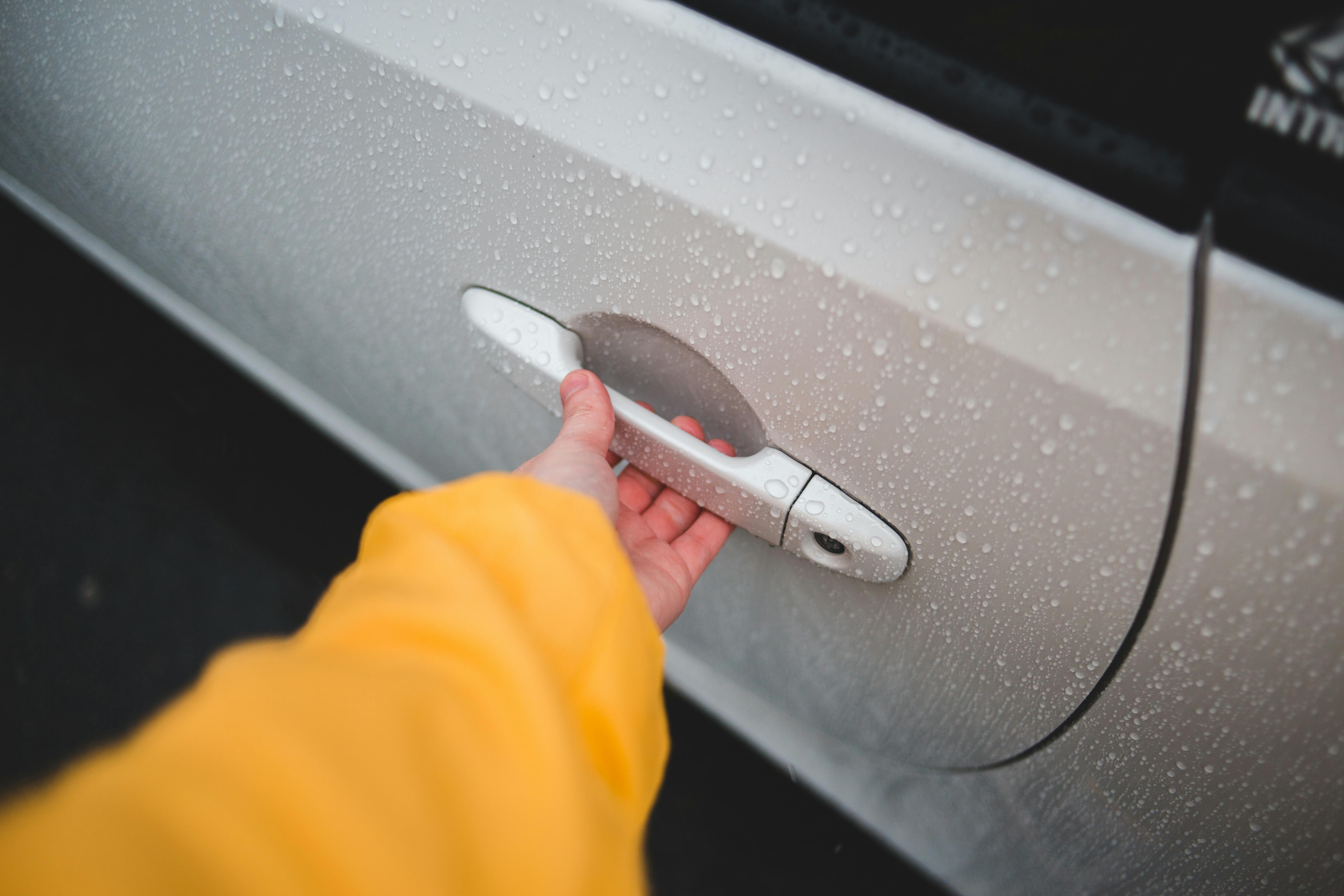Part 1:
If you’re reading this, you’re probably a man, and that means you probably have a prostate! (It’s a walnut-shaped gland that sits right in front of your rectum, and it’s important because it produces that nutrient-rich white fluid that contains your sperm.) So here’s what you need to know to take care of your prostate!
1. Be proactive, instead of reactive! If you close your eyes and imagine that you have your favorite car in your possession, maybe it is a Jaguar; maybe it’s a Ferrari, a Mercedes Benz or a Porsche. Hey, maybe it’s a Holden Ute! Now let’s say there is a law that says you only get one car in your lifetime, it can be any car you want, but it has to last you FOREVER. Well, you probably make sure you get the most out of it, but you also want to take good care of it, right? To make sure it runs optimally and can last the distance you’d like to check regularly, put the right fuel in it, check tire pressure every once in a while. It wouldn’t be a good idea to wait for the oil light on your Ferrari to come on before checking the oil, but if you did, you certainly wouldn’t ignore it.
Sports cars and auto bodies have a lot in common, they are highly valuable, expensive to repair when they break down, but with a little care they will take you to great places and give you incredible thrills along the way. Unlike cars, however, bodies are irreplaceable. Do not wait until you have a prostate problem to act, you do not need to experience that kind of pain, discomfort or threat. You are a man, you want to perform like a high-end sports car, not a crash car!
Terms you may hear from doctors when things are going wrong or your prostate is not in the best condition:
– Prostitis (inflamed prostate, uncomfortable but not usually life threatening, and should be recognized as a warning)
– BPH (Benign Prostatic Hyperplasia) (does not mean cancer, “uncomfortable” condition that can lead to serious symptoms)
– Prostate cancer (the prostate is usually surgically removed, this can affect urination and sexual function for the rest of your life).
Check out the list below, here are some things you can start doing right away to take care of that most valuable asset, your prostate! If you already have a prostate problem, let’s get to the root of it and get your body back to work on its own, you’ll especially benefit from the nutrition tips in Part 2.
Prostate cancer, if detected and treated early, is usually not life-threatening, so don’t be afraid of getting investigated. And start loving that vehicle (the one you live in) today, pick something you’re not already doing and start there.
Support and healing:
2. Check your Ferrari!
A vital statistic to know and an easy first step is to go to your doctor and request a blood test. He wants to have his homocysteine levels tested. High homocysteine levels are a strong indicator of risk for disease, cancer, diabetes, heart disease, and many other diseases. (It’s quick to test and relatively easy to “fix” or take down once you figure it out.) If you have high levels (ideal levels are 6 or below), you’re probably deficient in a few nutrients: zinc, B vitamins (especially B2, B6, B12, and folate), and something called TMG (trimethylglycine).
You can get all of these nutrients from food, green vegetables, especially leafy greens, broccoli and whole grains, for the Bs, TMG is present in broccoli so eat plenty, you find zinc in pumpkin seeds and oysters , but if your homocysteine is 9 or higher, it’s a good idea to start with a supplement to lower it. If you’re a vegetarian, it’s a good idea to supplement B12 (sublingually, which means under the tongue!) Deficiencies in these nutrients will have a ripple effect throughout your system, including your prostate.
Another helpful blood test (which your doctor will probably do automatically) is your hormone levels: make sure your testosterone, prolactin, and estradiol are within normal ranges.
3. Use the right fuel!
Adequate fuel is understood by a variety of foods that contain many nutrients; these are generally the foods that most closely resemble their original form. Look for whole foods, oatmeal and muesli instead of other processed grains, whole fruit instead of jam, and juice.
Studies suggest that some of the most important nutrients for ensuring prostate health are zinc (found in shellfish and seeds, for example, pomes), selenium (found in nuts such as walnuts, from Brazil), amino acids (protein), lycopene (found in tomatoes and watermelons), isoflavones (found in soybeans), B vitamins (green leafy vegetables, beans, grains, chicken), antioxidants (especially vitamins E and C) and the herb saw palmetto.
More specific nutrition tips are included in Part 2.
4. Give your body what it needs to increase performance and function smoothly. Here are some supportive supplements to improve prostate health!
– saw palmetto
– Vitamin E and Selenium (1000-1200 IU of Vitamin E, 200 -400mcg of Selenium as amino acid chelate)
– Flaxseed oil (a full tablespoon a day)
– Vitamin C (2000 mg of ester C or non-acid variety per day)
– B6 (25-50 mg of pyridoxine) has a suppressive effect on prolactin
– B Complex, TMG and Zinc (if you have elevated Homocysteine levels, there is a great book called Factor H by Patrick Holford).
5. Take it for a constant spin!
Probably one of the best ways to prevent prostate cancer is to masturbate regularly! Research shows that men who ejaculate more than five times a week are one-third less likely to develop prostate cancer in the future. (M://news.bbc.co.uk/2/hi/health/3072021.stm)
6. Do not introduce foreign matter into the motor. Avoid toxins and stressors!
– Alcohol is toxic to your body. Limit your consumption to 12 standard drinks a week, but better yet challenge yourself to have 4 a week if you can!
– Caffeine, enjoy a maximum of one coffee or tea a day, the ideal is to limit Ceylon coffees and teas to one or two a week. Instead, enjoy herbal teas, especially green tea and Rooibos tea. Treat sodas like coke (including light or zero varieties) and energy drinks like Red Bull like weird treats.
– Processed foods usually contain chemicals, additives, and man-made ingredients that are carcinogenic (cause cancer), which is what you’re trying to avoid, so eat nutrient-dense whole foods instead of processed foods.
7. Know how to read the signs!
Symptoms to take into account when things are not 100%:
– pain when urinating or ejaculating
– difficulty urinating in the morning
– low back bread
– frequent urge to urinate
– a weak stream of urine
– when you have finished urinating you have the feeling that you still need to urinate but “can’t”
– small amounts of blood in the urine
– You are over the age of 50 (which puts you in a “high risk” age category)
If you follow these 7 tips to improve your prostate health, you can expect not only a healthier prostate, but also a healthier, more energetic, more resilient and fuel-efficient sports model.



